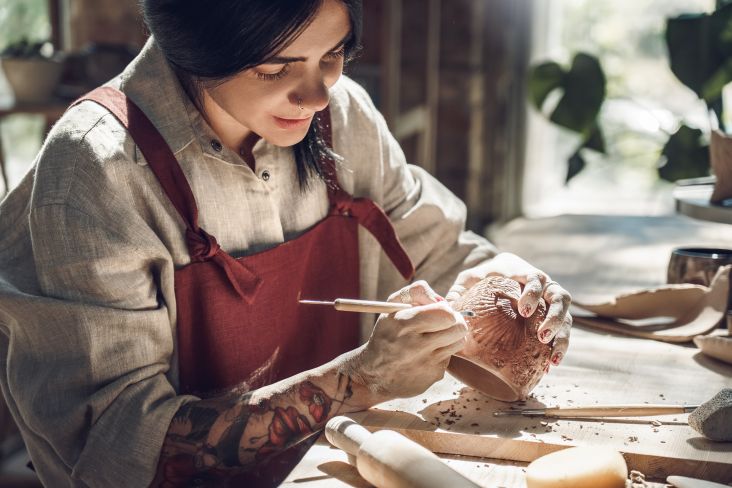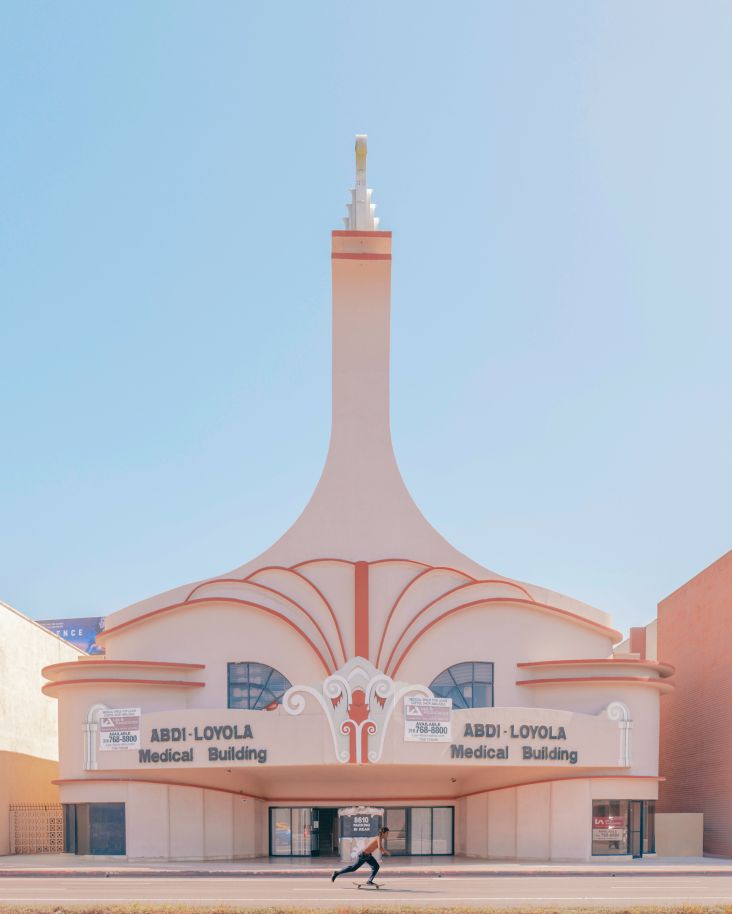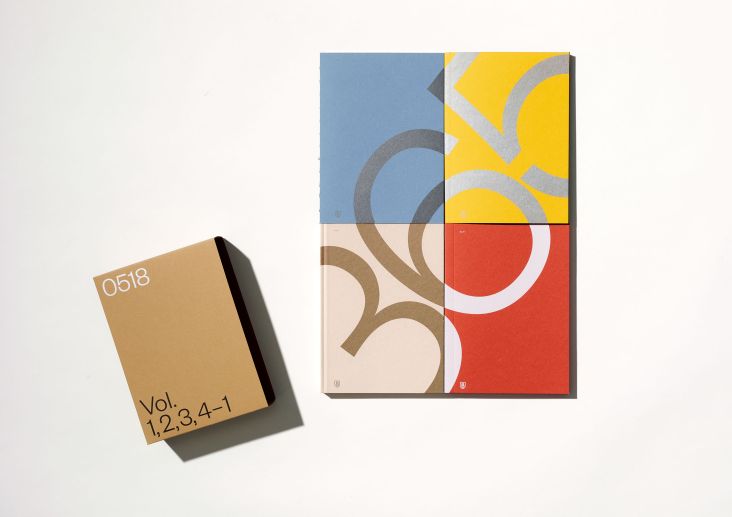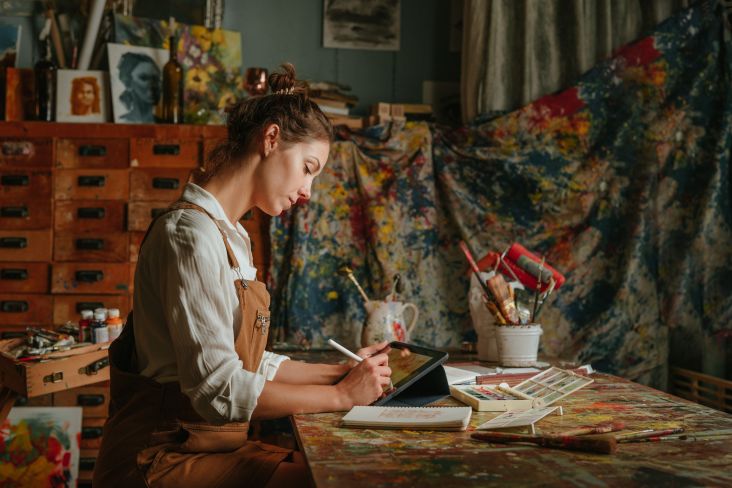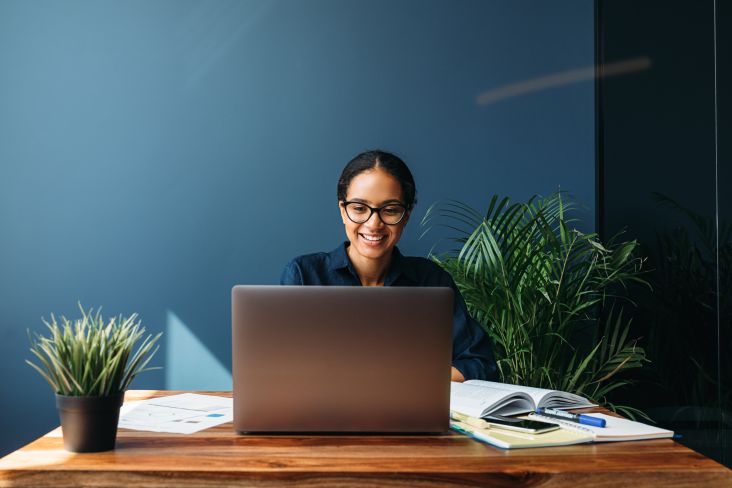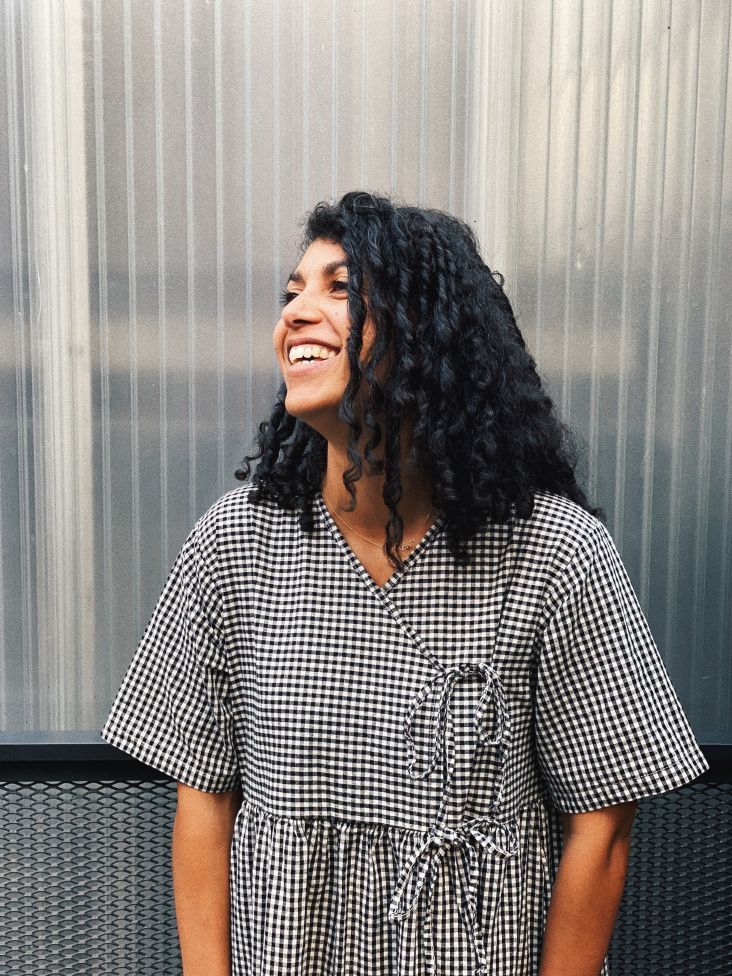9 insider tips that will boost your confidence as a creative professional
It's a beautiful day when we finally realise the secret to having confidence. It takes a hefty chunk of our adult lives to enjoy this revelation when we understand how to own our careers, conquer inner demons and benefit from believing in ourselves. But it's not an easy lesson to learn or remember, so we'll try to offer some helpful advice.
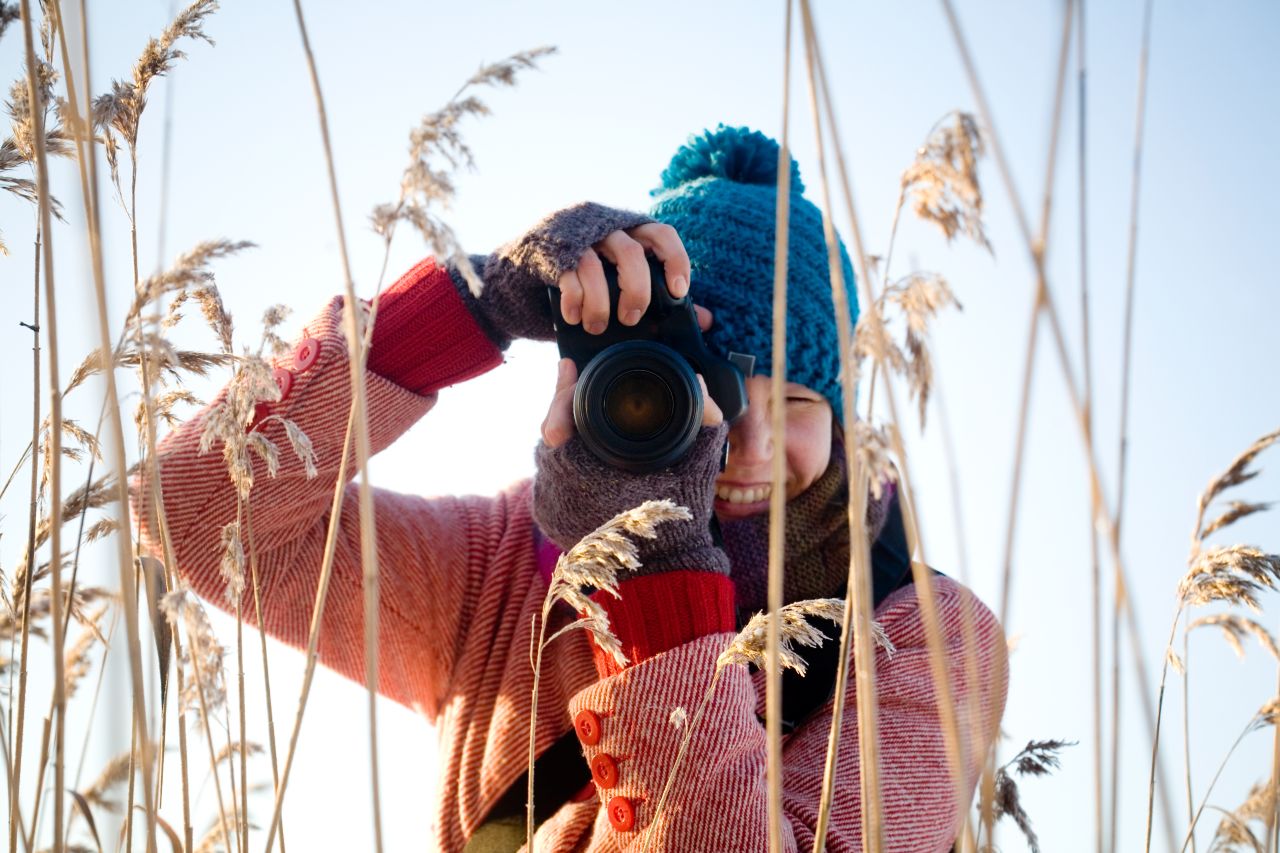
Image licensed via Adobe Stock
Confidence isn't something we naturally have. It comes from experience. The mistakes we make, the wisdom we learn along the way – it all plays a part in discovering how to get up onto a stage or deliver a pitch with relative ease.
Yet we all know confidence can crash and burn. It's not a permanent state of being, nor does it stop you from getting butterflies or feeling nervous before you do a talk in front of hundreds of people. But following two years of a global pandemic, confidence has gone AWOL for many of us, leaving us feeling lost and overwhelmed.
You're definitely not alone. So on Valentine's Day, we've pulled together tips from the creative community that will offer hope and positivity, helping you fall in love with yourself and find a way back to a stronger you. Take note; the following advice understands that we have good days and bad. The key to remember is that confidence is fluid. It's like Goldilocks – we can have too little or too much, but the mission is to have "just the right amount". And that means prioritising ourselves a little each day to love who we are and enjoy some healthy self-belief.
Love who you are
Because if you don't, who will? It's an important lesson we quickly forget, but self-love is fundamental to our happiness and confidence. It's a state of appreciation for oneself. It can mean many things, from talking about yourself with love to prioritising yourself each day. It also means giving yourself a break, setting healthy boundaries and forgiving yourself for past mistakes.
"You have to be your own biggest fan," says creative coach Matt Saunders. "Always seek positive and constructive feedback, and keep those messages saved in a special folder somewhere. And know that there is literally nobody else with your unique experience, story and skillset."
It's easier said than done. Self-love is challenging when it's clear not everyone can like or appreciate us. It doesn't matter how old we get; we always want to be accepted by others. But it's as the photographer Nicola Davison Reed perfectly points out: "I always keep in mind a quote about my 'self' and my work and 'acceptance', and it goes, 'It's not your job to love me, it's mine'."
And if you're not quite there? "Pretend!" says Lauren Rasberry, a designer and illustrator based in Liverpool. "If I tell myself something enough, then I eventually start to believe it."
Be yourself and hold your head up high
It takes courage to be ourselves, no matter our personality traits. I recently heard some great wisdom from Jade Watson, a creative designer based in Manchester. We were talking about how it's so difficult to be ourselves when others might not like who we are. "You have to walk into any room and own it," she says. "Your personality should brightly shine and not be dimmed by the insecurities or negativity of other people. Not everyone is going to like who you are. But that doesn't matter if you love yourself and know you're a good person."
By embracing our vulnerabilities and our honest selves, overcoming the urge to be liked by everyone, and fully being who we are, warts and all, we remember we deserve to be heard like anyone, and we all have our place in the world. But to help us get there, creative coach Matt Saunders says we have to act confident, too: "Posture literally impacts self-perception. So stop slouching! Sit up and breathe deeply. Then know you've got what it takes to meet any challenge."
Believe in yourself
"As children, we love to create and never doubt our abilities," says Dani Molyneux in a podcast episode with Creative Boom. "But then later, we might be told we're not good enough, and that can really dent our confidence. We have to unlearn those narratives and embrace our potential."
Dani is right. We have to acknowledge that certain narratives we've been fed throughout our lives aren't necessarily true. Whether it's an art teacher who said you couldn't draw, a "friend" who told you freelancing would never work or someone who said something cruel that keeps whirring around in your head – reframe things and believe that you are wonderful. Remember that the thoughtless things people say probably reveal more about them than anything you're doing wrong.
"Confidence is something that I have struggled with a lot," adds designer and photographer Megan Vickers. "But the one thing that I'm slowly learning is that your voice is so much more powerful than others. You need to believe in yourself when others won't because that's when you will become the best version of yourself."
Be your own biggest fan and forgive yourself for past mistakes, set healthy boundaries and, for goodness sake, give yourself a break.
Courage will lead to confidence
"Confidence comes from courage and can show more outwardly," says artist Jess Payne. "I think courage is linked with 'gut feelings' and trusting your intuition, being true to yourself and listening inwards."
Courage also comes from doing the things that terrify us. But it's just taking that first step that can often overwhelm us. "Courage requires faith in your ability before you experience any repeated success," says designer Debbie Millman. "But that doesn't mean taking that first step will be easy. It won't. Taking any step for the first time is difficult, and there is a tremendous amount of vulnerability and nervousness you are likely to experience.
"But experiencing that vulnerability and nervousness doesn't give you an excuse not to take the step. There is a wonderful scene in the third instalment of Indiana Jones wherein Indy knows he has to step on a path he actually can't see; it is not visible to the naked eye. But in his heart, he knows it's there, and he knows that he must take the first step to fulfil his destiny. Without seeing the pathway, he puts one foot in front of the other and steps into the unknown. And just like that, a visible pathway appears before him, and he can cross it.
"Courage is the foundation for authentic confidence. Taking the first step creates courage which will grow with every repetitive step you take."
Rebecca Hull, creative director and co-founder of Two Stories, agrees: "I think it's about stretching your comfort zone, forcing yourself into situations that make you feel a bit uncomfortable. Meeting new people, going to events alone, entering awards, showing work, these all lead to you talking about yourself, which builds self-belief and confidence."
Be prepared
Knowledge is power, as they say. Therefore, confidence also comes from knowing your creative superpowers and your work inside out – who you are, what your purpose is, what you're good at, and understanding what you're doing and who for.
"One of my biggest confidence boosts is presenting work to clients," says Rebecca Hull. "Presenting ideas and concepts comes more naturally to me – instead of talking about myself – as I know the subject inside out. Then positive feedback gives a confidence boost and acknowledges I know what I'm doing."
Being prepared for anything doesn't just mean knowing the subject matter for clients or meetings. It's also about knowing yourself, as Dublin illustrator Amy Lauren explains: "I have a rock-solid sense of purpose, between work and play. All of my goals are aligned with my truest self. This has made the hard parts of putting myself out there much more manageable. I am socially anxious at the best of times."
Stop comparing yourself to others
"I know this is fairly cliché but avoid comparing yourself to others," says Veronika McQuade, a graphic and motion designer based in London. "There is only one you, and you have a unique perspective, and no one can ever take that away from you. Put your passion into what drives you and inspires you, and that energy will give you confidence."
It's true. Comparing ourselves to others is a fruitless exercise, particularly when we're all on our own paths. "Acknowledging that others whom you might compare yourself to are on a different journey," agrees Cardiff-based illustrator Colin Kersley. "Focussing on what you can do to learn, grow, and push forward at this moment is all that matters."
In a recent podcast with New York creative Meg Lewis, she said: "I realised if I stopped comparing myself to others, and instead focused on what I'm good at and what makes me unique, then that's all I need to do to be a successful designer."
Consider deleting or stepping back from social media
Personally, I decided to ditch Instagram and LinkedIn last year, and I also unfollowed everyone on Twitter to instead follow lists. Why? Peace of mind. I recognised that social media was taking up too much time, I was too easily contactable, and I found myself spiralling into negative thinking patterns, like the old 'compare and despair' wormhole that we often fall down, where we constantly see all the awesome work others are doing and then feel demotivated as a result.
Staffordshire web designer and developer Steve Perry agrees: "Honestly, I think a lot of it comes down to not paying too much attention to what others are sharing on social media. Focus on what you are doing, and listen to those who are hiring you. They will sing your praises if you are doing good work."
Being happy and confident is a daily effort. Confidence isn't permanent. It's fluid and will move up and down each day. But with a few positive steps, you can build and maintain confidence in your creative life and work.
Embrace imperfection
We all make mistakes. That's just part of being human. Our flaws and weaknesses might feel discouraging, but they instead give us character and build our strengths. We should welcome our "faults" with open arms, acknowledging that they're there and that we can improve ourselves but know that it's ok to not be perfect.
"My dad, a very inspiring creative teacher, always encourages students to make mistakes, they can be good things, and it's how we all learn," says Jess Taylor, a textile artist and illustrator from Portsmouth. "This is something that gives me confidence when I'm just not feeling it. It takes off the pressure of chasing that mythical perfection."
Lauren Rasberry thinks we have to acknowledge our own reality: "Just do the best with the tools you have. Some people have been given different, maybe 'better' tools, but you have yours, and that's life! Maybe you'll upgrade those tools along the way!"
Remember you're not alone
Confidence is something we all struggle with. Even the biggest names in the creative industries have their moments. And I've heard many a confession from leading artists and designers, admitting they get stage-fright, worry about becoming insignificant, or losing their place in the world. I've heard of rude snubs between speakers at international conferences. I've been saddened but not surprised to learn of bad things that happened to good people, causing them to second-guess themselves. I wouldn't wish negativity on anyone, but knowing we're not alone is somewhat comforting. Everyone struggles.
"I have those moments of doubt all the time, and I can forget my own advice on courage," Debbie Millman told us in a recent podcast. "I get so down about not being as good as I want to be. But these moments are finite. They don't last forever."
Finally, reach out to others and find a friendly support network. You really don't have to go through this alone. On finding a tribe you can trust, you might be surprised to discover how much you help each other, boosting each other's confidence along the way.
To conclude
Being happy and confident is a daily effort. Like happiness, confidence isn't permanent. It's fluid and will move up and down each day. But with a few positive steps, you can build and maintain confidence in your creative life and work. Remember:
Love who you are and practise self-love daily. Be your own biggest fan and forgive yourself for past mistakes, set healthy boundaries and, for goodness sake, give yourself a break. You're awesome!
Own any room you walk into. You deserve to be there as much as anyone else. Not everyone is going to like you, and that's ok. That's their problem. Adopt a confident physical posture to make yourself feel more powerful.
Believe in yourself. The things people say aren't necessarily true. Change the narrative. Consider a different perspective. Are their hurtful comments perhaps a reflection of their own insecurities? By putting you down, have they seemingly made themselves feel or look better? Of course not. Read between the lines but have compassion and kindness for others, understanding that we all struggle.
Courage leads to confidence. Pushing ourselves to do things we're not comfortable with can build confidence. We often just need to take that first step.
Knowledge is power. The more you know, the more confident you'll be, whether talk, presentation or pitch.
Comparing yourself to others is a waste of time. Deleting social media or stepping back from Instagram and Twitter might also help give you a more positive mindset.
Embrace imperfection. Our faults and mistakes make us human. Acknowledge your weaknesses, build on your strengths and work with the tools you do have.
Don't suffer alone. Build a friendly and trustworthy network of creative friends. Share stories, reach out and ask for help and always remember, you are never alone.
And if you suffer a setback? Buy a feel-good journal. "It's easy for your confidence to take a knock when you fail at something or receive some negative feedback," says art director and brand designer Kirsten Murray. "At times like that, a feel-good journal can help to give you a boost. When you achieve something that took courage or someone pays you or your work a compliment, write it in your feel-good journal. It serves as a reminder of what you're capable of and helps you to believe in yourself a bit more."




 by Tüpokompanii](https://www.creativeboom.com/upload/articles/58/58684538770fb5b428dc1882f7a732f153500153_732.jpg)


 using <a href="https://www.ohnotype.co/fonts/obviously" target="_blank">Obviously</a> by Oh No Type Co., Art Director, Brand & Creative—Spotify](https://www.creativeboom.com/upload/articles/6e/6ed31eddc26fa563f213fc76d6993dab9231ffe4_732.jpg)









